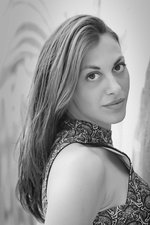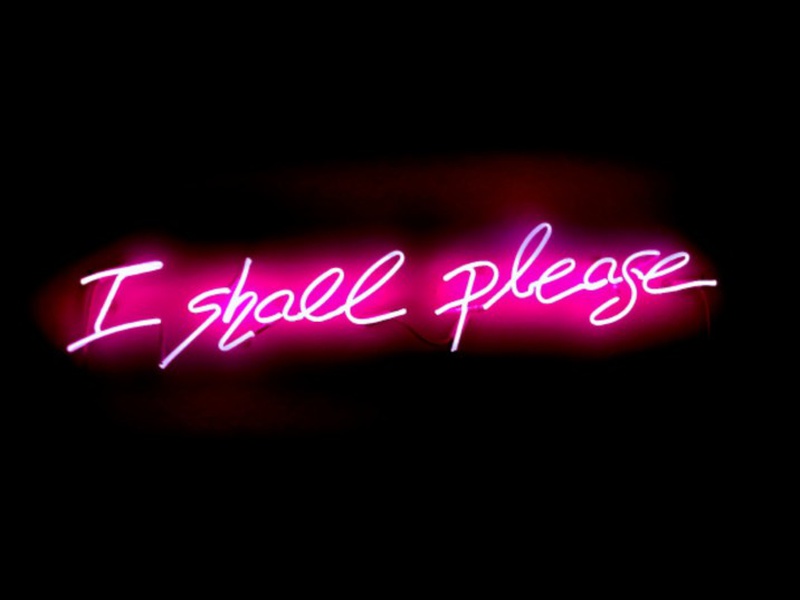
Charisia Chatz
Bio
Charisia Chatz is an installation artist and curator of contemporary art and design. Her creative artwork has also expanded into the art directing sector and her experience based on museums, galleries and art institutions have eventually created a strong character around her work and aesthetic.
!
Having obtained a BA degree in Fine Art Sculpture at the University of Brighton, UK and an MA degree in Curating Contemporary Art & Design at Kingston University in partnership with the Design Museum, London, UK, she has also followed a short course in Video Arts Production at the UCA, UK.
!
Her diverse work experience ranges from museums like the Benaki Museum and the Museum of Cycladic Art, to art institutions, such as the DESTE Foundation for Contemporary Art, the D.Daskalopoulos Collection, the NEON Organization, Athens, the Whitechapel Gallery, London, the International Festival of Digital Arts and New Media, and Absurdum Magazine, Athens. She has also participated as an installation artist, in projects like TEDxAUEB event, and in several shows in the UK. Furthermore, she has been involved in the creative aspect of short-

film productions such as the film Austerity and the documentary of the art collector Alexander Iolas.
Her enthusiasm in exploring new ideas and concepts around the arts, together with her eagerness regarding interaction with the audience itself, have contributed to a creative mind-set, rendering her prepared and inventive for this challenging field.
!
2015 MANILA/PDF,MPEG
